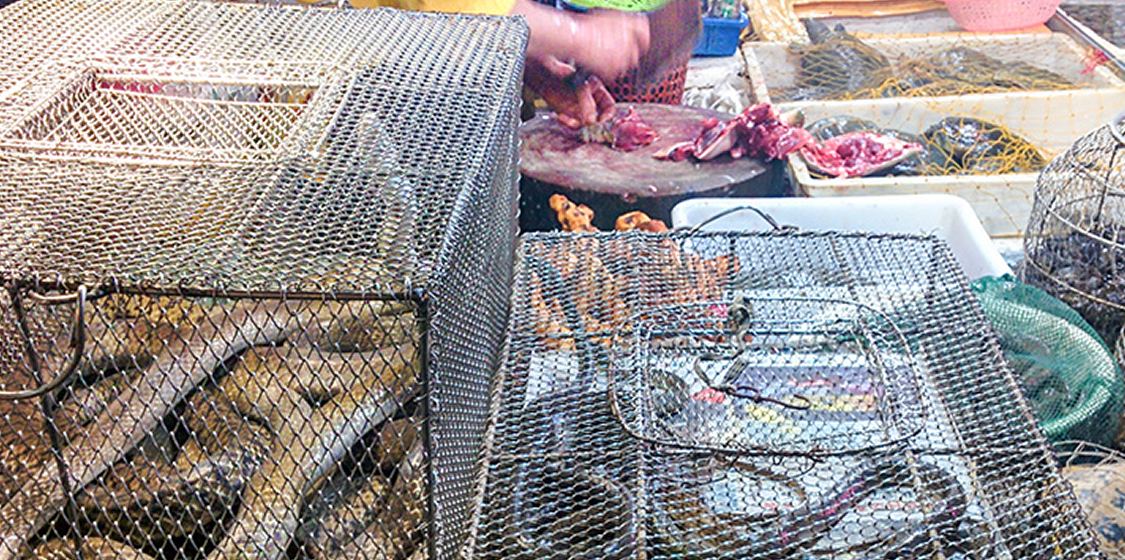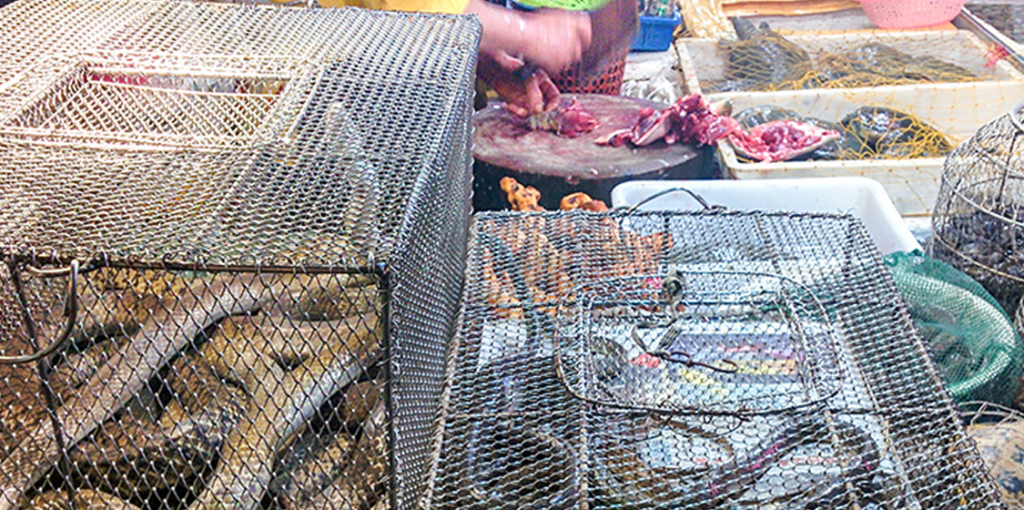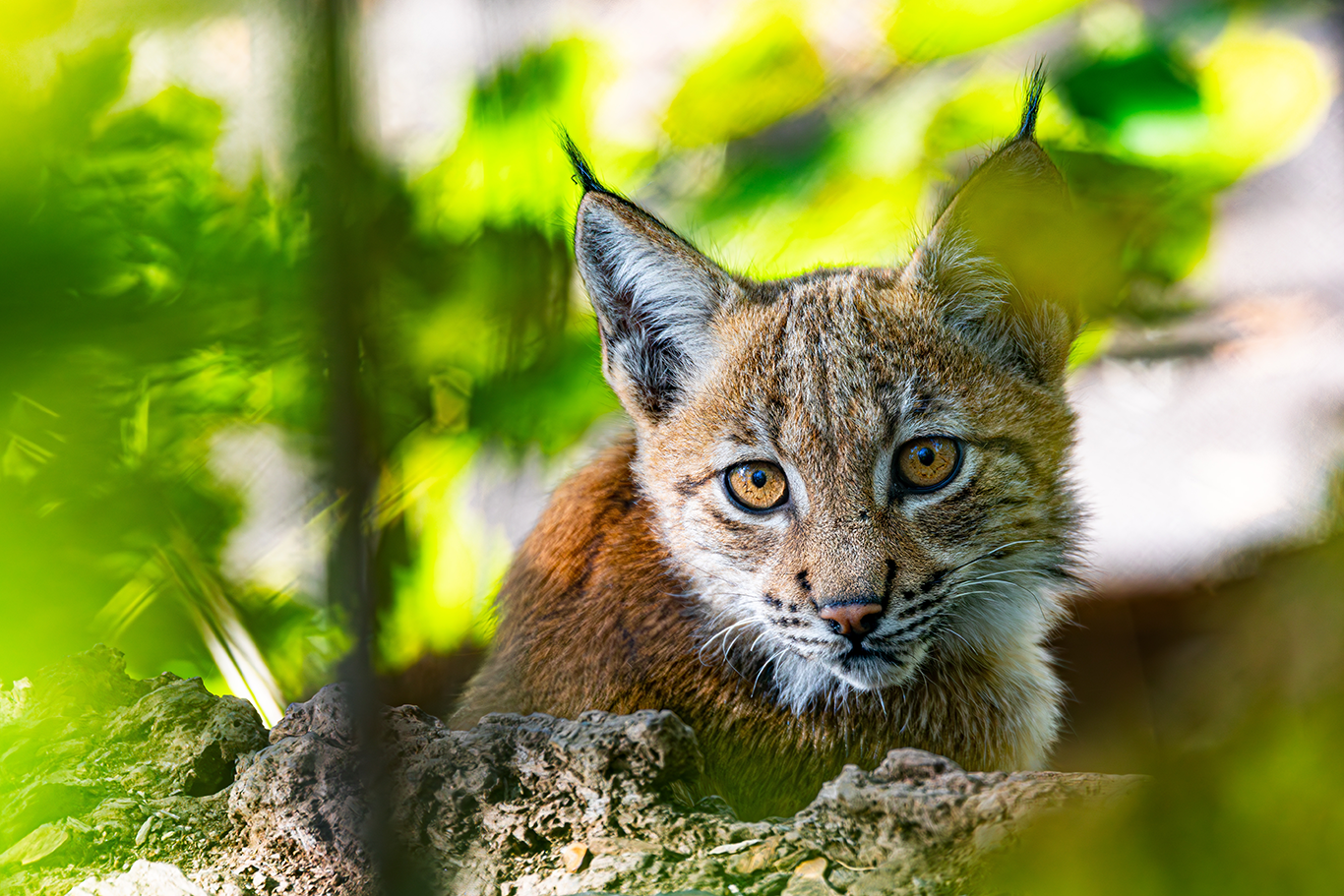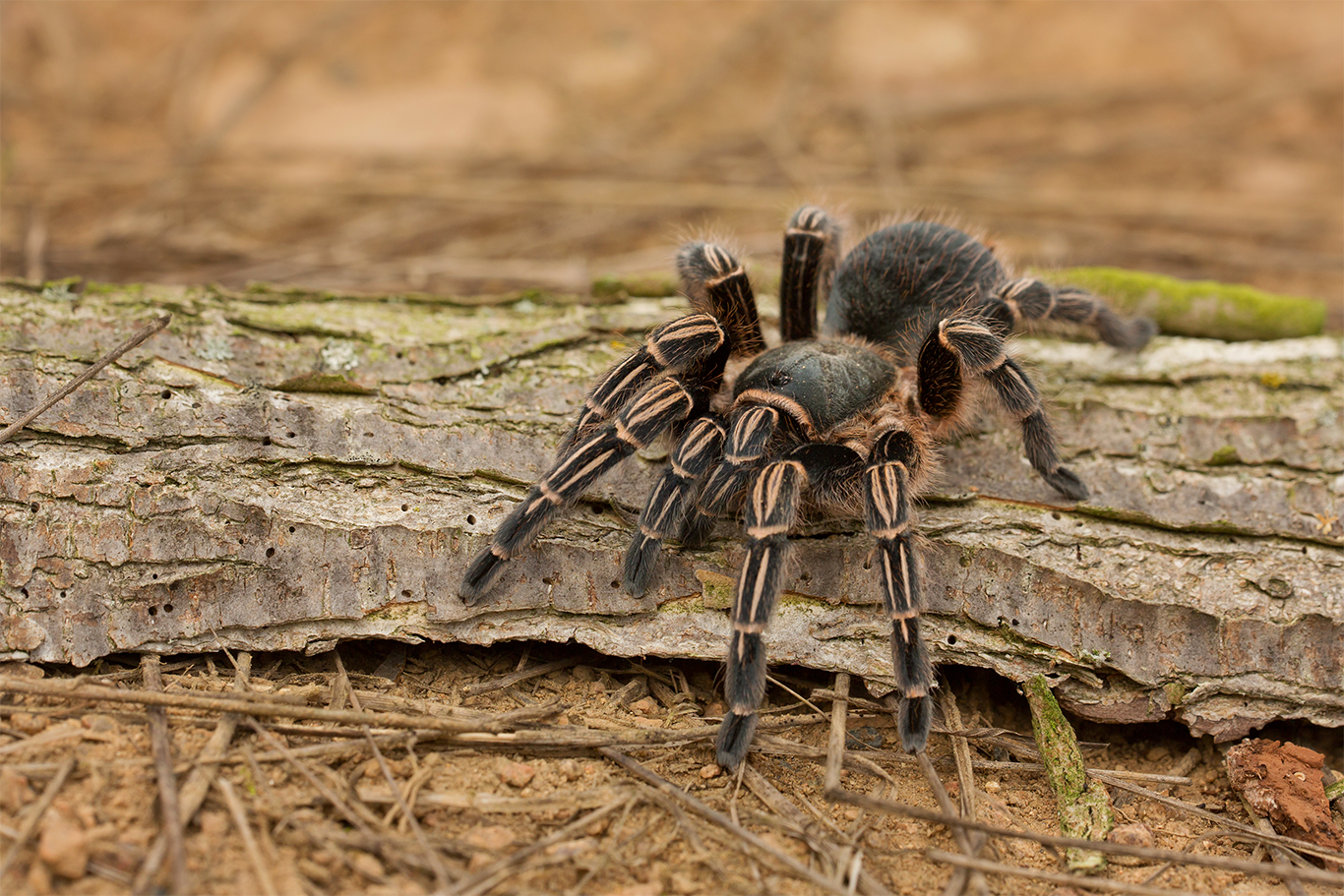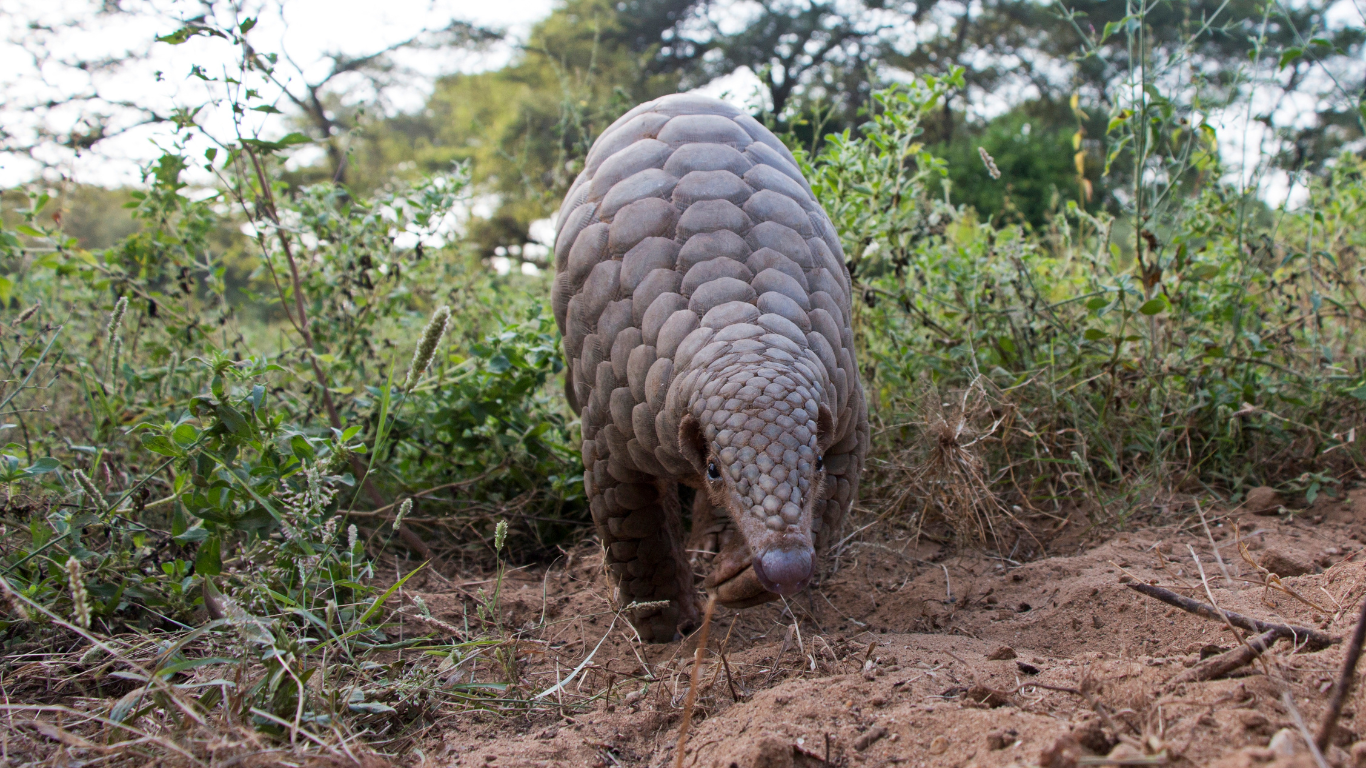Millions of reptiles are caught and traded globally every year. These animals are transported and kept captive in the most inhumane conditions for people to use as pets, medicines and fashion accessories.
Reptiles constitute 20% of the global trade in wild animals, and in the USA alone the trade is valued at $2-billion annually.
The trade is inherently cruel and frequently illegal, but it is growing, not shrinking and this is because, collectively, governments lack the will to properly enforce international laws, according to Andrea Matthee, of international animal organization, the Animal Survival International (formerly Political Animal Lobby). “We have been warning for years that the trade in reptiles and other wild animals is endangering world health. The coronavirus is proof of this, and it is time that we held our politicians to account and demanded they work together to end then trade,” she said.
In the UK, it is estimated that nearly one million reptiles are kept as pets, from tortoises, to iguanas and pythons. The United States, meanwhile, provides the biggest market in the world for live African Ball Pythons, which can only be found in the wild in Togo, Benin and Ghana. In South-East Asia, almost half a million python skins are exported every year. Turtles are also extremely popular. They are hunted for their shells and for live use as pets. In ten years, between 1999 and 2008, nearly 2 000 tons of turtle shells were imported to Taiwan alone.
When reptiles are kept as pets in most cases, they are kept in cramped conditions, and forced to live in small glass or plastic boxes. They have to live in climates completely different to their native territories. Reptiles are simply not meant to be kept as pets. When the reptiles are in transit, they face the most gruelling conditions where they are more likely to get sick and spread diseases. 75% of new infectious diseases – like the current coronavirus epidemic - in human populations come from animals. Reptiles are no different.
Much of the reptile trade takes place online and through social media platforms like Facebook, Instagram and YouTube.
Co-ordination between inter-governmental organizations such as Interpol, Europol and the New Zealand Department of Conservation has led to crack-downs on the international reptile trade which is decimating wild populations. Operation Blizzard is one such undertaking, which led to 4 400 seizures of live reptiles and the identification of 200 suspects in the trade in 2019. Clearly, governments can regulate international trade in wild animals.
Snakes, turtles and lizards all deserve to live, and to be treated humanely. ASI calls on governments to clamp down on trade in reptiles and all wild animals.

